Your login information returned multiple users. Please select the user you would like to log in as and re-type in your password.

A good video game is made even better by having a good villain. There's nothing more satisfying than struggling your way up to the person who gets off on burning down orphanages and then kicking them in the balls for it. Of course, not every game needs a main villain, but most games do incorporate one as being the end goal for the player. That being said, some games do handle the villain role better than others and there are certain steps to take in ensuring a game has a memorable main villain.
First and foremost, in any work of fiction, a villain must have a presence. Ideally, the player should never forget who the villain is and why they are working to take them down. Now, games like Borderlands 2 and Bioshock did this in a way where the villain is in constant communication with the player. This does ensure the player is always reminded of who the bad guy is, but this method is really the easiest one to implement. See, an element that goes hand-in-hand with the presence aspect is fear. How does a game portray this fear? By the environment; more specifically, the people who inhabit it. In order to fully portray how dangerous a villain is, the NPCs that inhabit a game's world should not be complacent or eager to defeat the villain. No, they should be afraid of this being. The NPCs should be releuctant to even just mutter this villain's name, be paranoid of every shadow, and be anxious about partaking in any kind of confrontation. With this method, the villain never even has to communicate with the player; the fear the NPCs show is enough to know this person has earned your ire.
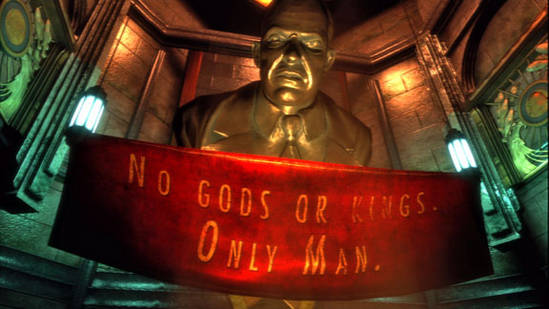
The rumors and mutterings of frightened NPCs are not enough; though, as actions speak louder than words. Here, the villain must really do something to make the player want to take them down and there are a couple ways to go about this. First, is the betrayal method. The main villain is someone the main character knows and spent (or spends) time with over a certain period. Most games that go the betrayal route have the traitor revealed fairly early on to get the game going into actual gameplay. This means the betrayal holds far less of an emotional impact, but it does establish the villain early on and allows the player to start getting into the game itself. There are some games that have the betrayal happen with a character who has been throughout the game, but they are usually a side character and only offer a slightly greater impact. The villain being revealed through betrayal can work, but doesn't lend itself as well to a video game story since the villain can't prance around the countryside with the main character and undermine their own evil operations.
The other method that does work well for a video game story is to have the main villain commit some dastardly act that directly affects the main character or something the main character is witness to. While every great villain has minions aplenty at their command, this particular instance should be when the villain is actually seen and they should be the one to carry out the deed. Sure, it's cliche to have the villain personally come along and order someone's death, but it is impoartant to put a face to the rumors the fearful NPCs stir up. This presents to the player their goal; this is the person they are seeking to dethrone/kill/humiliate/whatever to see some kind of justice done. The villanious act itself can really be anything so long as it leaves an impression on the player and adds to the motivation of the main character.
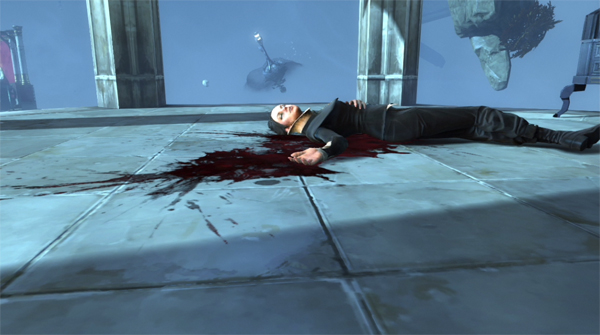
Physical appearance for a villain does not need to really conform to any set guidelines. A villain who actually looks the part can be a great addition to a game's story and add more elements to a final showdown. However, a villain does not always have to be some hulking monstrosity or tyrant that abuses their power from the comforts of some stronghold. From a story perspective, having the villain just be an average person who went insane or stumbled onto something they shouldn't have can be very humbling after hours of build up. By humbling, I don't mean the villain has to be disappointing in any way, but an average person who gained power and went insane is someone the player can connect to far easier than some giant monster that steam rolls cities for amusement.
Of course, every good villain has to have a personality and motivation behind their actions. Most games take place after the villain has carried out their plans or after their descent into evil. As such, a game really needs to incorporate a flashback method of storytelling to really flesh out this main villain for the player. Bioshock, and several other games, accomplish this through audio diaries scattered throughout the world. These brief glimpses into character motivations and actions don't mean much on their own, but they all add up after the player has collected enough of them. These audio diaries are also a great alternative to the cliche of having the villain spell out their evil plans right before they "kill" the main character. The betrayal method also lends itself well to this since the player will have spent some time with the villain and will have additional insight into the character.
A well written video game villain needs to be more than just a figure with a name the player must stop at any cost. A good villain should be an integral part of the story and constantly be referred to in some manner; someone who is more than just a crazed lunatic with too many guns. The key to making a video game villain memorable is to ensure they have a constant presence throughout the game. A presence that, I feel, should overshadow any other character. Physical appearance can help in that regard, but it will ultimately be the actions of the villain and the subsequent reaction of NPCs that will have this type of character stand out from the rest.
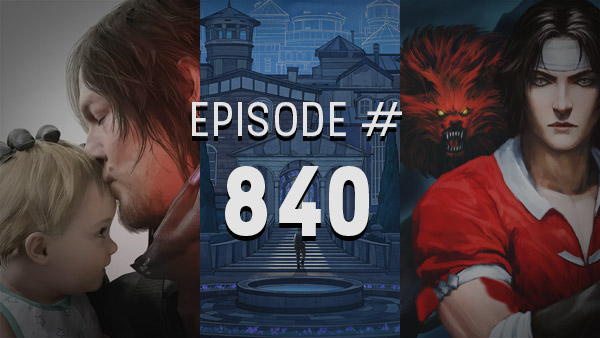
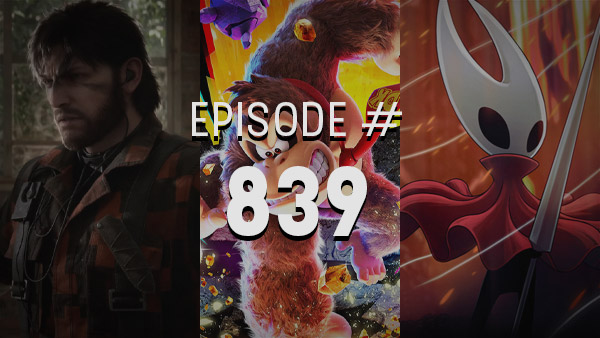
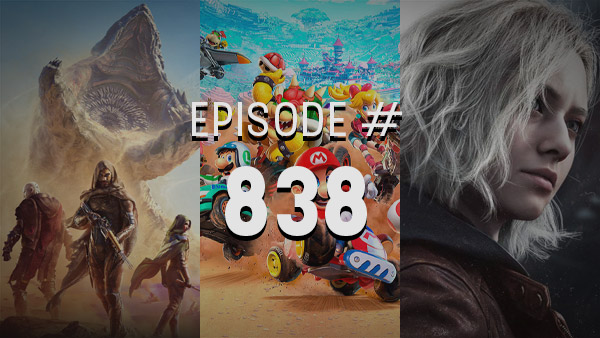

Comments
12 years, 6 months ago
Oh man. Andrew Ryan and Handsome Jack are my top favourite villains, not only because of their presence but because of their logic. They believe in their cause so much which makes it even more disturbing. In BioShock especially, when Atlas saw his family die and he so passionately orders you to Kill Andrew Ryan, my blood was pumping. I was like FUCK YES. I WILL DO THIS. Really well done.
12 years, 6 months ago
A plot could potientially be jucier if a villian is made out by propoganda. Lets take Japan's Sengoku Period for example. Nobunaga Oda could potientially be a villian because of Opposing warlords wanting to stop the unification of Japan under Nobunaga's status. so his opponents would manipulate the people through propaganda to better their status politcally and side agianst Nobunaga. What makes him a villan in a game like Onimusha is because he sold his soul to demons and the demons decided to take over the world. Shin Megami Tensei and Tactics Ogre are other examples of switching because of what causes the player chooses or who the player sides with. Its better to have multiple charasmatic people because they are the one that can be manipulative and disorient the goals of the players. Thur from Soul Nomad and the World Eaters was a great example in manipulative villans. He created a cult that would try to please him by hiding his presence and acting as a "voice of god". The problem with that was Thurists would raid villages simply because they wanted to please their god. I need to think about this subject some more so I might comment again with other examples.
12 years, 6 months ago
Solid article with valid points, I also would like to add that sometimes a good video game villain (at least IMO) can have dual roles, take for example Liquid Snake from MGS1.
(possible spoiler for those who have not finished MGS1)
In MGS1 the main antagonist played 2 characters, the first was your typical psychopathic villain Liquid Snake (which was his true identity) the other character he played was Master Miller a mentor figure to the player character who seemed to not only want to help you but was suspicious of the other people who were working on the mission with you, thereby coming off as a character who only wanted to truly help you accomplish your mission. However when it is was revealed towards the end of the game that both characters were the same person not only was I left in shock but I was amazed at how the villain was able to portray both roles so well and trick me, this in the end made me think of him not only as a fantastic villain but one of my all time favorite video game villains.